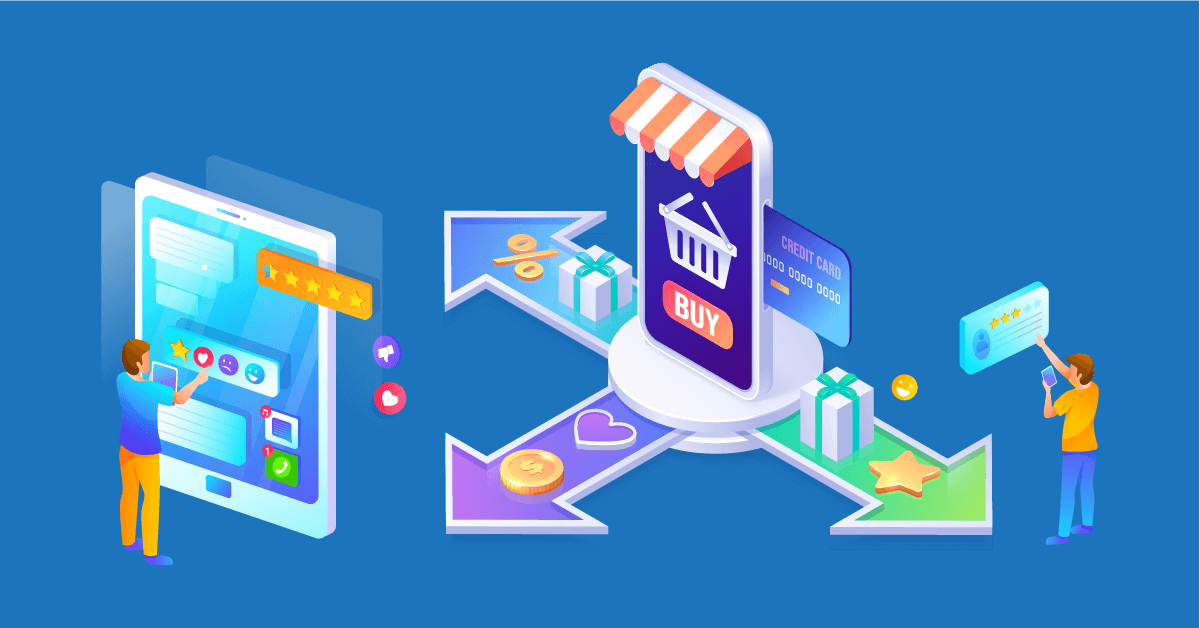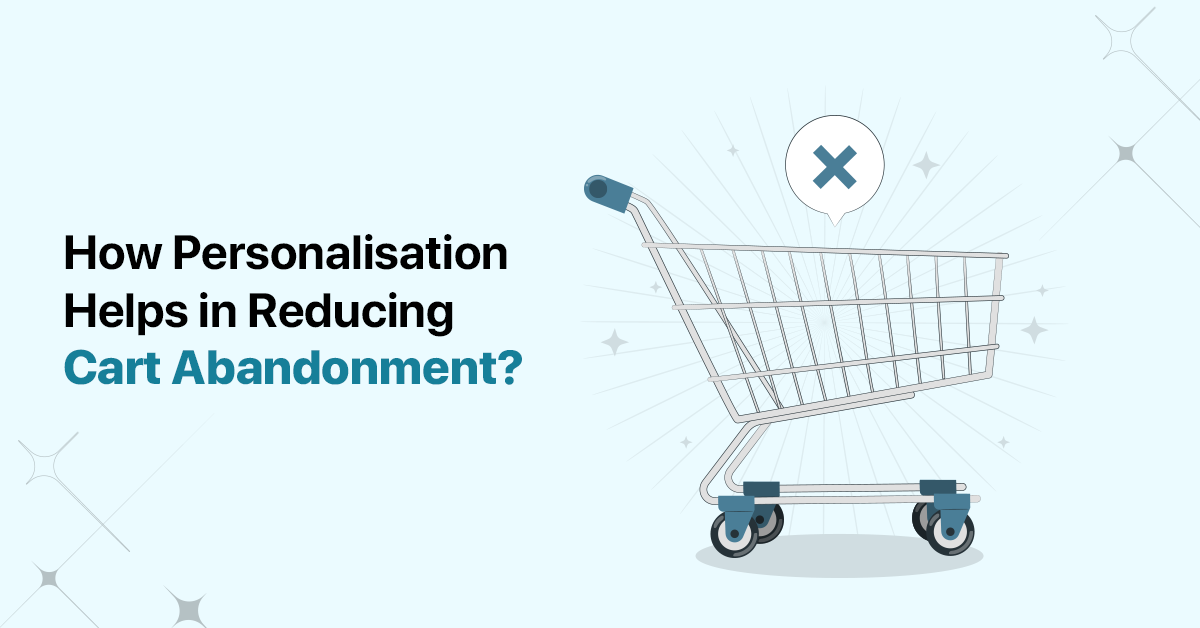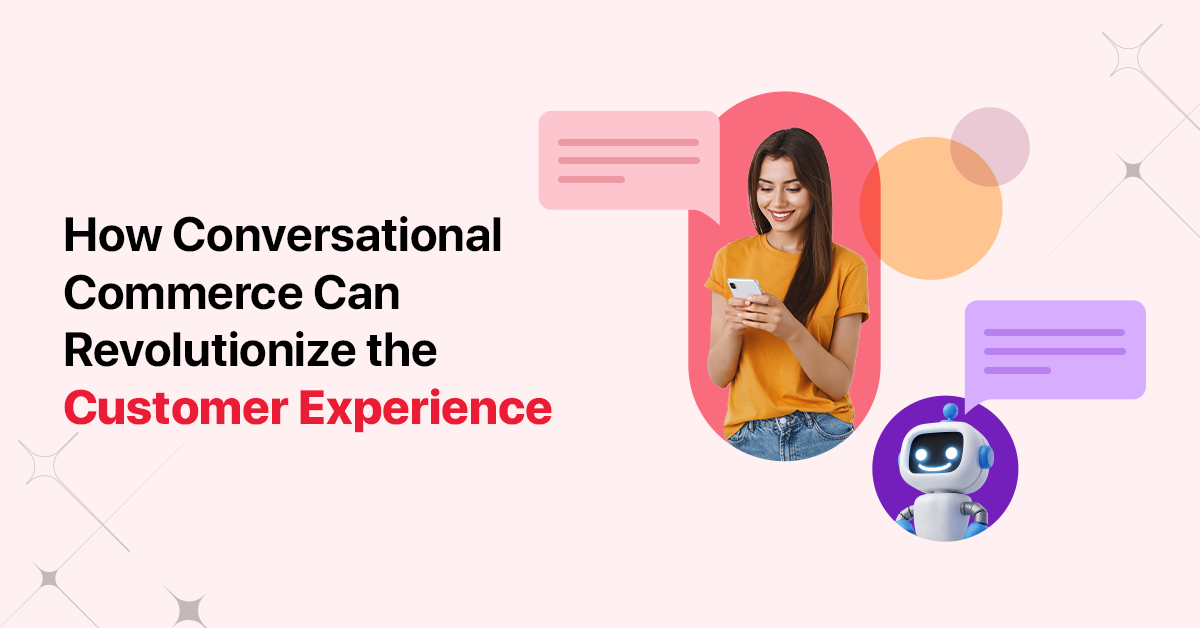Digital competition is rising, and business marketers are well aware of the challenges lined up ahead for them. Right from trying to acquire their ideal customers at optimized budgets to retaining them, every aspect related to sales, growth, and gaining customer loyalty is becoming harder by the day. In this post, we will look at why and how e-commerce businesses should focus on achieving customer loyalty.
The Growth of E-commerce
With the increase in digital platforms and advancements in technology, the e-commerce industry has been fast-growing since 2011. The market doesn’t just comprise the big players anymore, but also others who have made it into the industry with their offerings using platforms like Etsy and Shopify.

The numbers only show that no matter how unique you think the product you’re selling is, there is an 80% chance that another business is selling a similar one – and maybe at a cost that is far more attractive than yours.
According to Statista, there has also been a rise in the amounts online shoppers are willing to spend year after year – with the China and US consumers topping the charts.

Here’s another in-depth look into the B2C e-commerce sales in the United States from 2017 to 2025 – in million US dollars. The growth of online sales has been significant enough for businesses across various niches to identify the opportunity and take themselves online.

The Rising Customer Acquisition Challenge
The numbers above are indicative enough of the fact that acquiring customers in the e-commerce industry is no longer a breeze. Businesses need to understand who their target audience is, where they can be found, what opportunities are looking for, and what message they can be reached.
Is a good deal enough to draw the customer’s attention? Is an upsell campaign the offer that will make you stand apart? Is there a way to add the customer to an endless loop of purchasing only from your store?
According to MarketingSherpa, the cost per customer – by trend, for e-commerce businesses is as high as $100. Yes, those on a tight marketing budget or thinking of scaling might find the number discomforting!
The Need for Customer Retention
It is a given that no e-commerce business can have an endless budget to acquire only new customers. They will run into losses and lose eventual sales as these are shoppers that might make a purchase once and then never come back to the same store.
According to a post on Kissmetrics, acquiring a new customer is 7x more expensive than implementing tactics to retain an existing one. This only says how customer retention is the key to growing sustainably in the e-commerce market competition.
Shopify researched acquisition vs. retention for e-commerce businesses. The results reinforce the importance of customer loyalty.
Here’s an example they used – in the graph shown below, each store has 100 customers marking $10 purchases per month. The grey store is retaining 5% of these customers each month, and the one in pink contains about 10%. The store represented by pink proliferates because retention is less challenging than direct acquisition.

“On an average, loyal customers are worth up to 10 times as much as their first purchase.”
(White House Office of Consumer Affairs)
How To Win Customer Loyalty In a Competitive Market?
While several marketers agree on the importance of customer retention over acquisition, some admit not implementing a concrete retention strategy to boost customer loyalty.
Here’s taking a look at some ways that successful e-commerce businesses use to retain a higher percentage of their customers year after year:
Share a Common Vision and Mission
Today’s consumer market isn’t just about finding a great price or a deal on a product that interests them. They want to know the thinking behind the product, what its creators and sellers think, and what values they associate with.
According to the CeB, consumers worldwide stated that they were more loyal to the beliefs and values companies followed than the brand itself.
So take a look at the causes and concerns that your target market most associates with. Identify areas that your business can significantly contribute to – genuinely, and don’t forget to share the same with them.
The idea is to connect with your customers on a personal level than a sales-oriented superficial one.
For example, TOMS shoes created a “One for One movement” to win their customer’s loyalty. The movement focuses on giving a pair of shoes to a needy person in the world for each purchase made from their store.

Focus on Personalizing Your Communication
Continuing on our point above, it is essential to ensure that your customers feel important. And the only way to do so is to place establishing relations with them higher in your priority list than sales. The first step to which is, personalizing all your communication with them.
No online shopper wants a list of features and an attractive price thrown into their face. They want to know more about the product – how it was made, what it can help them with, and how many other customers like them are happy with it.

e-commerce giants like Amazon focus on intelligent personalization to ensure their customers keep coming back to them for more – no matter how many other stores in their industry open up. A few tactics that the store has been using over the years include:
- Localization of the store to make it easier for customers to find products in currencies they don’t need to convert
- Displaying popular ranges of products that customers from a visitor’s demographics have shown interest in
- Including social proof for each of the products to reassure their customers – new and existing, of the quality they assure
- Creating contextual up-sell and cross-sell campaigns for their customers to increase the value of purchases they make
- Personalizing product recommendations based on previous interaction of existing and returning online shoppers
- Intelligent personalization with dynamic emails based on a customer’s previous purchase to recommend products that will add more value to him
- Focusing on getting feedback from their customers on the purchased products to ensure quality and service
Run Loyalty or Reward Programs
If you want a customer to come back to your store after every purchase, you need to ensure that he picks you over the rest every time he is looking for a product. And the only way to do so is to keep him engaged with your business in such a way that he feels he is getting the most value from you.

This is where loyalty programs come in. These programs offer rewards to customers who frequently make purchases from the business. The customer can use the tips in further purchases on products from the same store, giving him a better deal than what is already offered.
For example, Cargo Cosmetics has created a ‘Cargo Insider’ program for their customers. The loyalty program is pretty simple – you automatically enter it when you create an account for yourself. After that, you receive 1 mile for every dollar spent on their store.

Ensure Impeccable Support and Service
Most online shoppers are skeptical about making purchases from stores that don’t seem like they offer good support or post-sale services. The thoughts that run through their minds include – what if the product doesn’t work? What if the product is damaged? Will I quickly get a refund for my purchase? Will there be someone to assist me if I need help?
According to a customer experience report by Right now, the number one reason customers stop engaging with a business is poor customer service. Online shoppers are no longer just looking for great deals but also the post-sale services they can leverage.
Apart from that, when you offer excellent post-sale services, you are guaranteed to generate significant online ratings and reviews. The better your social proof is, the more willing is your target audience to engage with your business.
But it is also important to note here that 90% of online consumers expect a brand to offer a self-service portal and social and customer-centric services.

Over to you
E-commerce stores mustn’t just focus on getting sales but establishing solid relationships with their customers. The stronger the relationship, the more likely they will continue doing business with you and even recommend your products to their customers, helping you leverage word-of-mouth marketing.
Want to take your customer retention to the next level?
Try Wigzo FREE now!













